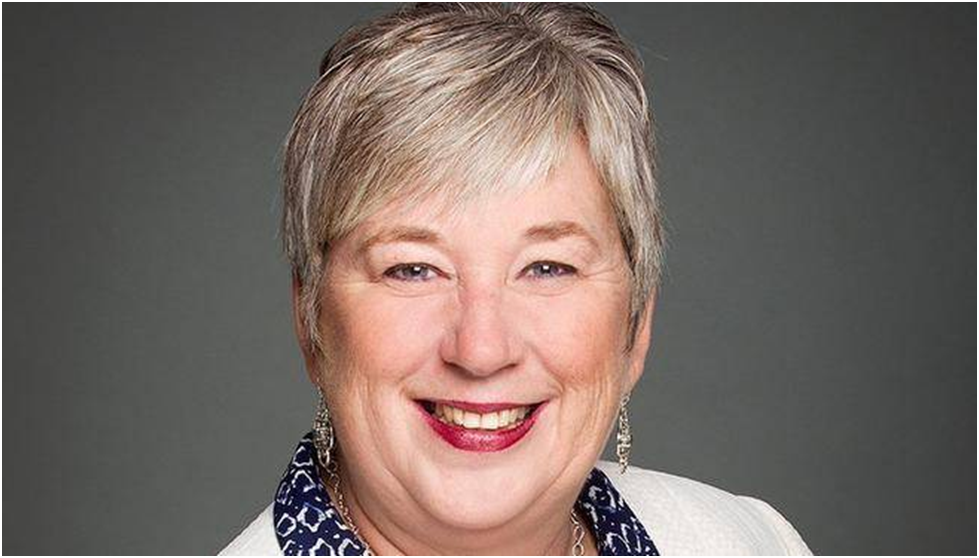Bernadette Jordan, the Member of Parliament for the South Shore-Saint Margarets, witnessed history as Julie Payette assumed the role of Governor General of Canada.
“She was amazing — speaking in three languages without notes,” Jordan says. “And how she brought her family into the speech was incredible.”
Payette’s assumption of the role is a small indicator of progress for women in the political sphere in Canada, a sphere where Jordan would like to see more women involved.
She’s recently been named to the Standing Committee on Status of Women of the House of Commons. This committee was established in 2004 with a mandate of studying “policies, programs, expenditures, and legislation of departments and agencies, including Status of Women Canada, that conduct work related to the status of women.” There are 11 members, from all three parties, who form this committee.
“I’m proud, as the only woman elected to parliament in Nova Scotia, to serve on this committee,” Jordan says. “We’re currently studying the economic security of women — women face different barriers through their career than men so that is our focus and I’m coming to this committee near the end of this work. This committee has also done some excellent work on violence against women and girls and on cyberbullying.”
Among the subjects being studied include the factors contributing to the higher incidence of poverty among women than men; the elements that influence women’s income, including the gender pay gap and occupational segregation; the effect of unpaid care work, as well as part-time and precarious work, on women’s economic security; the effect on women’s economic well-being of federal income security programs, such as Employment Insurance and the Working Income Tax Benefit; the tools to strengthen women’s economic security, including parental leave and child care; and the measures and strategies that can be used to increase women’s entry, participation, retention and representation in economic leadership positions. These positions include those in the private and public sectors, on corporate boards and in the sphere of science, technology, engineering, and mathematics.
The next subject on the committee’s agenda is to study a major issue that faces Canada today – the factors surrounding the high rates of indigenous women who are incarcerated in Canadian prisons.
She would also like to see the study look at why women don’t get involved in the political process. Many of the barriers that people seem to think to exist are mythological.
“I hear people ask why a woman with a young family would get involved in politics?” she says. “But they wouldn’t apply that statement to a man in the same position. Why should it be any different?”
She also says that, once they are elected, female MPs are often subject to comments, especially on social media, which are extremely out of date, sexist and totally inappropriate. But, they shouldn’t stop people from running.
In 2018, Canada marks a major milestone as the 100th anniversary of women receiving the franchise is marked, but as her committee discovers on a daily basis, there is still much work to do before gender equality is achieved.




